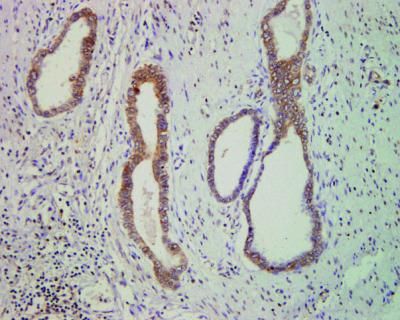Researchers create cellular automation model to study complex tumor-host role in cancer
cancer remains a medical mystery – despite all of the research efforts devoted to understanding and controlling it. The most sought-after tumor model is one that would be able to formulate theoretical and computational tools to predict cancer progression and propose individual treatment strategies.
To better understand the role complex tumor-host interactions play in tumor growth, Princeton University researchers developed a cellular automation model for tumor growth in heterogeneous microenvironments. They then used this same model to investigate the effects of pressure on the growth of a solid tumor in a confined heterogeneous environment, such as a brain cancer growing in the cranium, and discovered that pressure accumulated during tumor growth can lead to a wide spectrum of growth dynamics and morphologies for both noninvasive and invasive tumors.
Depending on the magnitude of the pressure and the physical properties of the host environment, the types of tumor patterns that emerge range from strongly malignant tumors characterized by finger-like protrusions at the tumor surface to those in which fingering growth is diminished. These results should have important applications for cancer diagnosis, prognosis, and therapy.
Original publication
Yang Jiao and Salvatore Torquato; "Diversity of dynamics and morphologies of invasive solid tumors"; AIP Advances
Original publication
Yang Jiao and Salvatore Torquato; "Diversity of dynamics and morphologies of invasive solid tumors"; AIP Advances
Organizations
Other news from the department science

Get the life science industry in your inbox
By submitting this form you agree that LUMITOS AG will send you the newsletter(s) selected above by email. Your data will not be passed on to third parties. Your data will be stored and processed in accordance with our data protection regulations. LUMITOS may contact you by email for the purpose of advertising or market and opinion surveys. You can revoke your consent at any time without giving reasons to LUMITOS AG, Ernst-Augustin-Str. 2, 12489 Berlin, Germany or by e-mail at revoke@lumitos.com with effect for the future. In addition, each email contains a link to unsubscribe from the corresponding newsletter.





















































